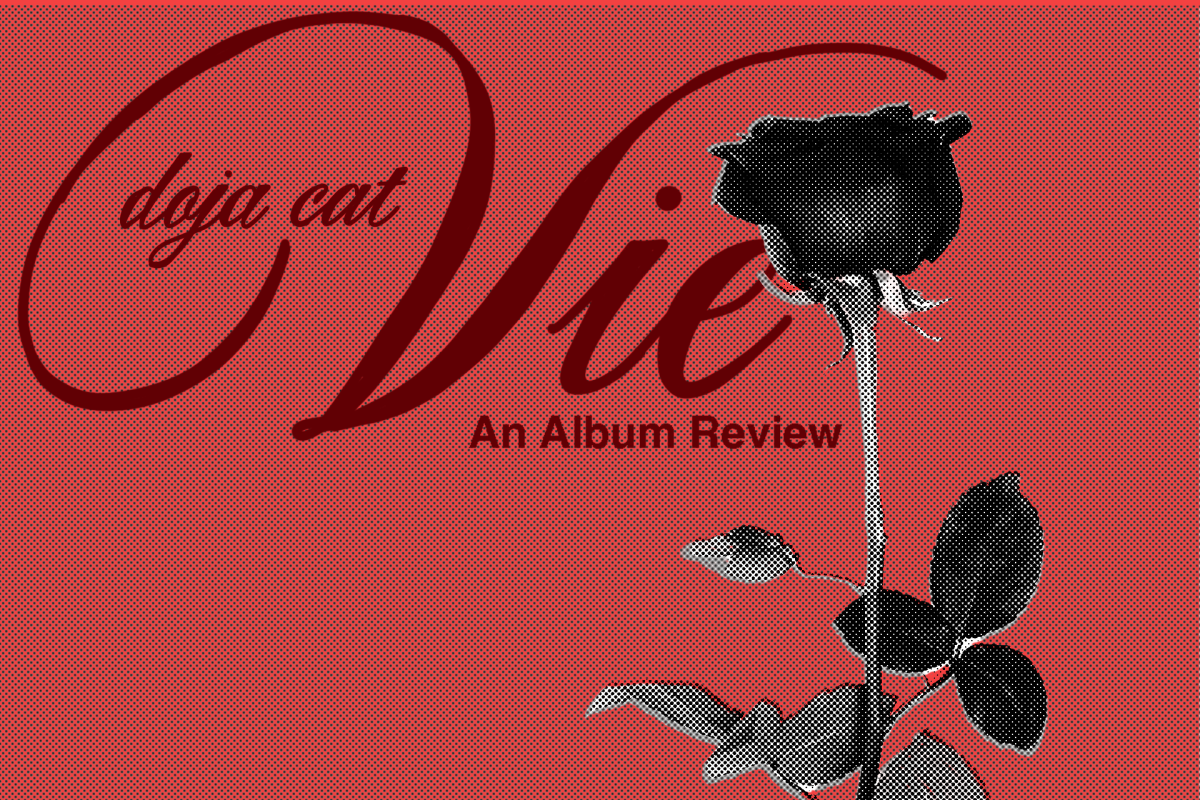Cannes Film Festival is a yearly film festival held in Cannes, France, where a collection of often-unreleased films from around the globe are screened to critics and other attendees. Cannes is considered one of the “Big Five” film festivals, where many critically acclaimed international films are first shown.
Cannes is also a competition, with certain films in the running for a collection of awards. The most prestigious award from the festival is the “Palme d’Or.” This award may be compared to the Academy Award for Best Picture. However, with a different voting system, Cannes often has wildly different results than the Oscars. The festival tends to have a heavier emphasis on arthouse films, whereas the Oscars has an emphasis on Hollywood studio films.
The two most recent Palme d’Or winners, “Parasite” from South Korea and “Titane” from France are both huge changes of pace for the award, with “Parasite” being the first to win from South Korea and “Titane” being the the second with a female director, as well as the first horror movie to win. Are these movies worth a watch?
“Parasite,” directed by Bong Joon-ho, is about the lower-class Kim family’s interactions with the upper-class Park family as the Kims work to climb the social ladder. This film is unusually acclaimed — even for a Palme d’Or winner. The film is one of three in history to win both the grand prize at Cannes as well as Best Picture. It is even cited as one of the greatest movies of all time, let alone of this century. Is “Parasite” just critic bait?
Absolutely not! The critical and commercial success of the film is warranted. This film fires on all cylinders: the acting, score, cinematography, lighting, set design, writing and editing are all perfect. The film is also original, encompassing multiple genres that would seem clunky to put together: Bong’s masterpiece flawlessly executes comedy, mystery and horror. The film also pulls off sly social commentary, which only became more relevant with the start of the COVID-19 pandemic shortly after the film’s big win at the Oscars.
“Parasite” is no pretentious slog-fest: the film is consistently engaging and fast-paced. The film also has some unbelievable moments of suspense. Even on my third watch I could not help but yell at the characters on my computer screen or hide my eyes in fear. This film is a technical marvel: the purposeful camera work and use of color is incredible, but you do not need to be interested in the technical aspects to enjoy this film. The story alone is insane, making this recommendable to anyone. If you want to get into critically acclaimed films, but don’t know where to start, “Parasite” is a perfect introduction.
“Titane,” a French film directed by Julia Ducournau, won the Palme d’Or in July. The film tells the story of showgirl Alexia, who becomes a fugitive after a series of killings. “Titane” is perhaps one of the strangest Palme d’Or winners of all time. The film is a horror-drama, under a sub-genre called “body horror.” The sub-genre often shows gruesome mutilation, taboo sex and other chilling violations of the body. The film is the first with a female director to win the award since 1993. Is this one worth a watch?
It depends: are you squeamish? Watching “Titane” challenges your stomach. The first 30 minutes are intense. Virtually every scene contains some of the most brutal, creatively disgusting violence I have ever seen. This film genuinely made me queasy, which I have never experienced before. These scenes strung together made me curl into a ball, with my hands on eye-covering standby, for the entire film.
These scenes, from the perspective of attempting to shock and disgust, could not have been better executed. Just remembering the sound design makes me wince. I still hear the squishing.
This film is not for the faint of heart. However, if you are able to keep yourself from barfing, there is a lot to love. The acting and visuals are especially engaging. The lead performance requires conveying a lot of emotion without talking, which rookie Agathe Rousselle does brilliantly.
Similarly to “Parasite,” the film molds some strange genres together. The second half of the movie is tonally unrecognizable from the first. While watching, I felt totally lost about the message, but the film stuck with me so much that I cannot stop theorizing its meaning. There are some interesting concepts, including gender, abuse and the meaning of family. Despite the visceral first third of the film, I left the theater feeling surprisingly uplifted.
While “Titane” is not nearly as tight and light as “Parasite,” the film’s induction into the collection of Palme d’Or winners feels right. The film adds a stylistically bonkers, female-directed horror film. If you are willing to let yourself feel disturbed and want something unique, “Titane” is the film for you.
If either film sounds interesting, “Parasite” is streaming on Hulu and “Titane” is still awaiting a digital release.
Edited by Elise Mulligan | [email protected]








